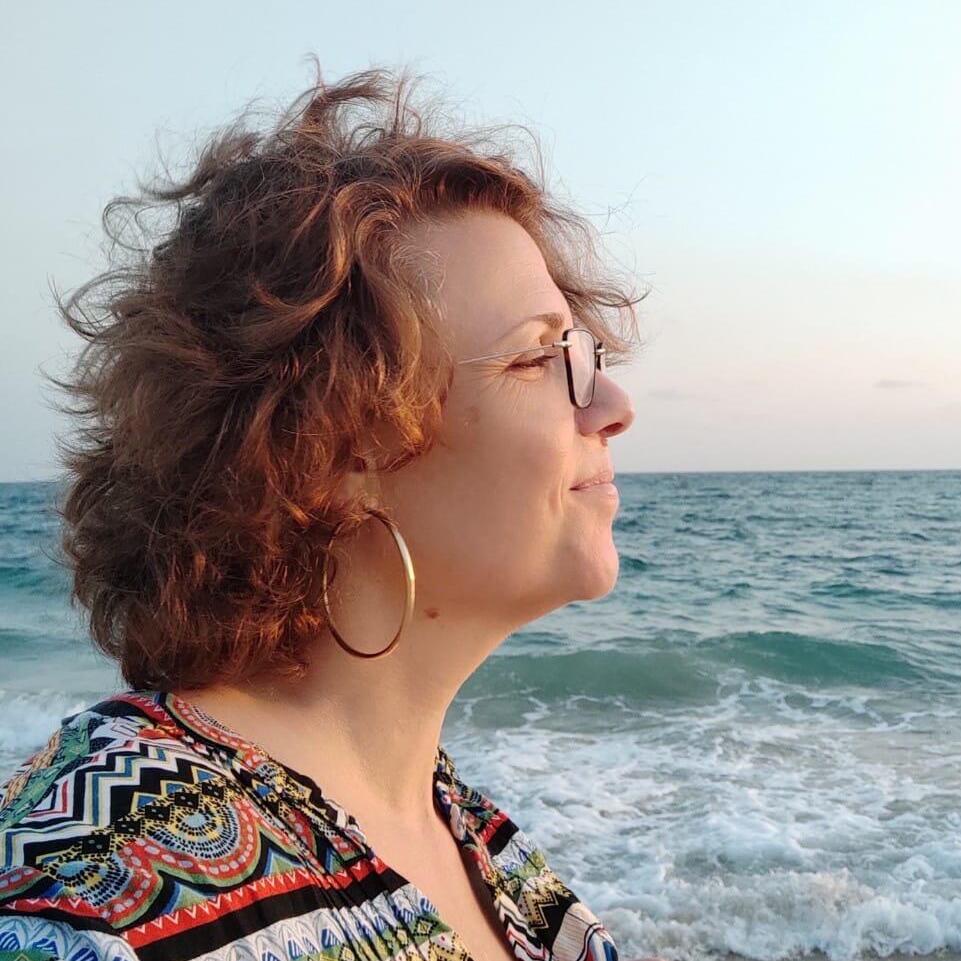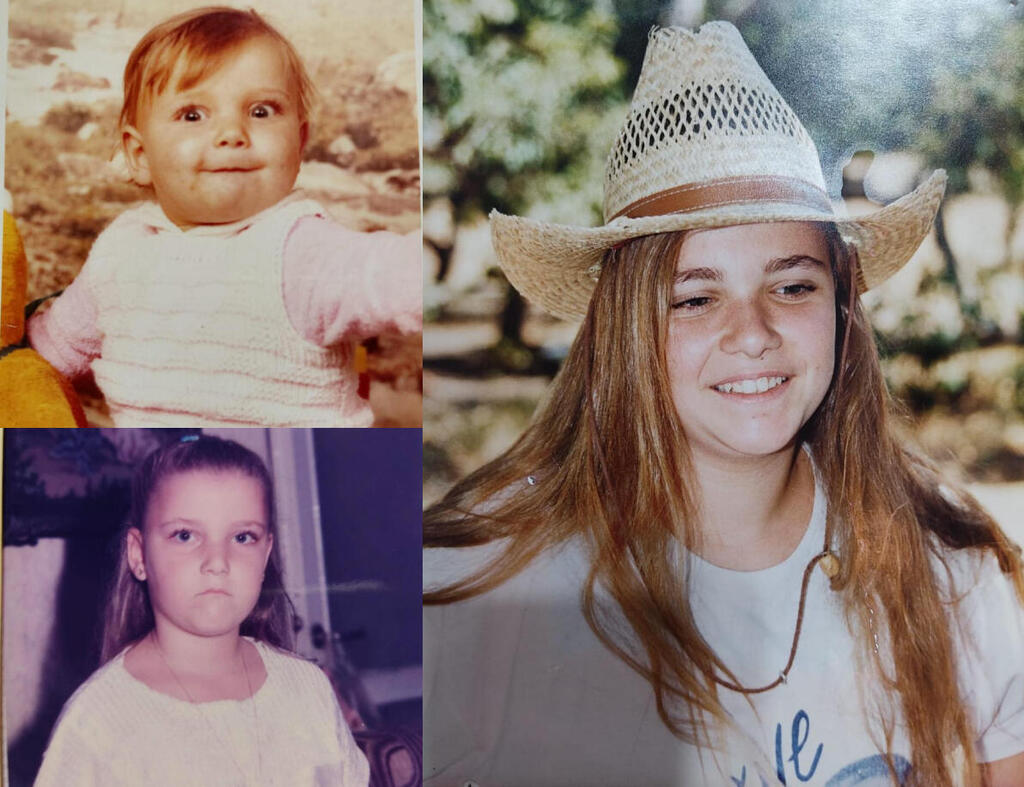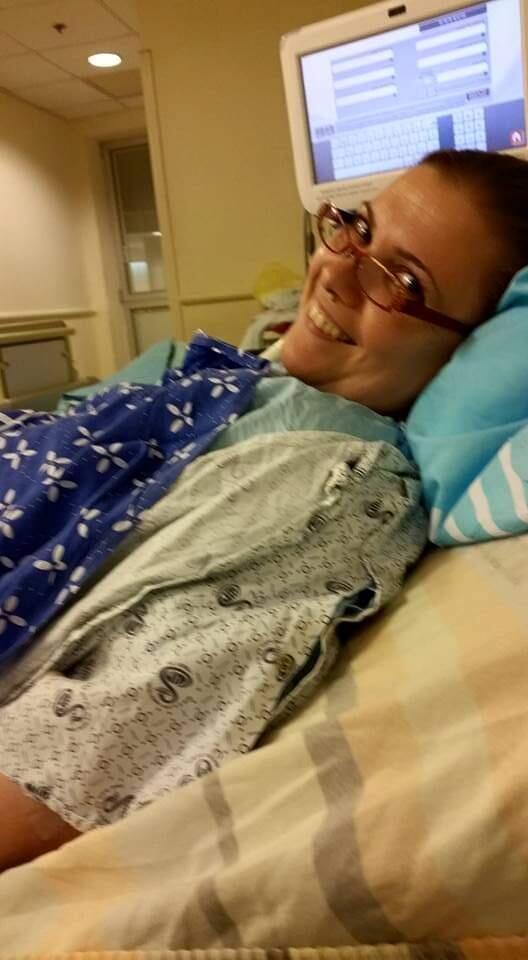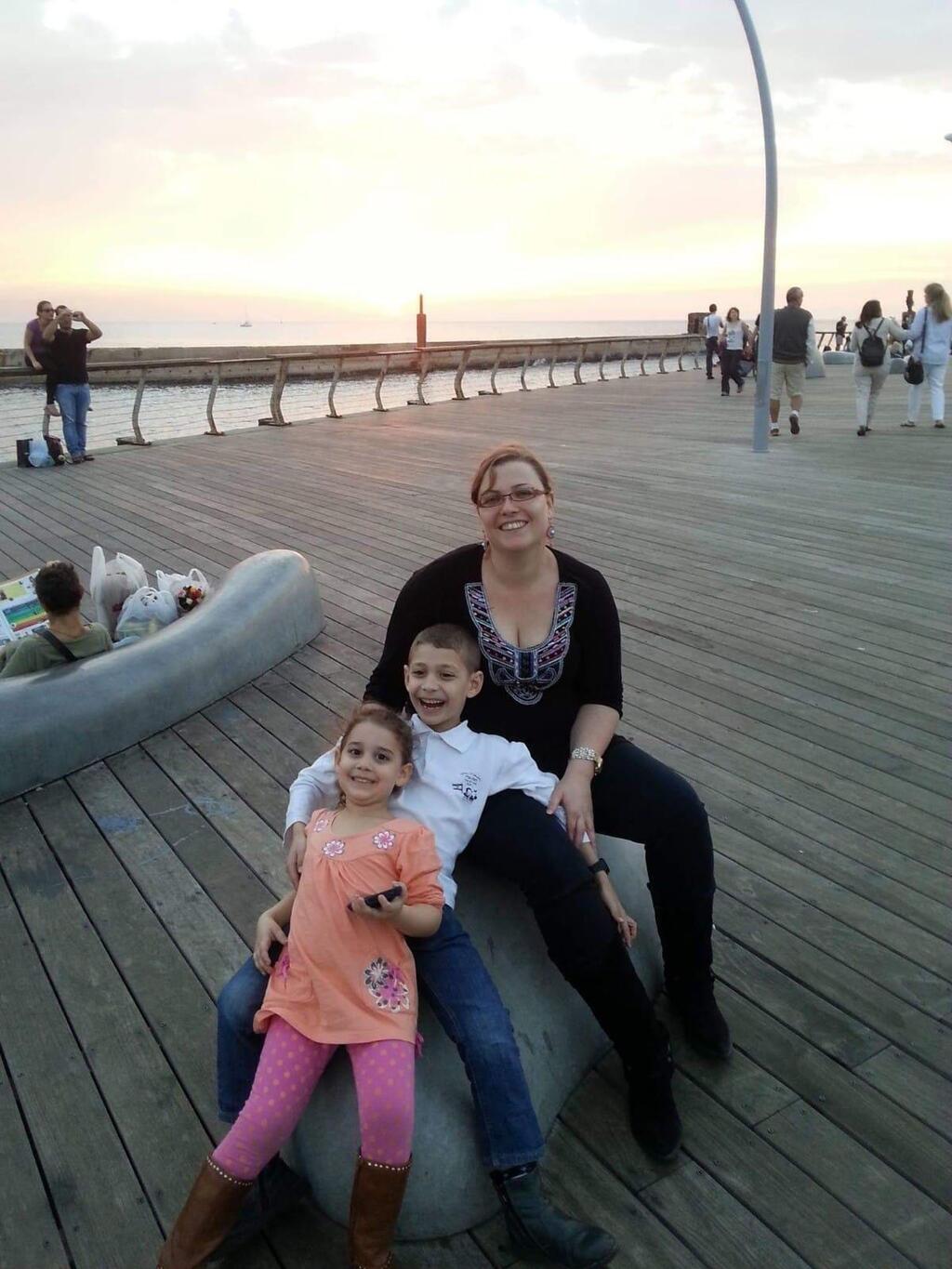My life started with a heart attack. Yes, it's quite rare in newborns, but that's also what qualified me for a heart transplant.
More stories:
Most of my early childhood was restricted due to medical limitations – I had an exemption from sports classes, and childhood illnesses always hit me harder than my sister or friends. Twice a year, I had to undergo an echocardiogram (ECG) to monitor my heart, and I had a checkup with a cardiologist annually to ensure that my condition didn't worsen.
Sometime after turning 12, conflicts with the education system began when I wasn’t allowed to go on trips, schools claimed there was no medical insurance to cover my condition, and the hiking trails were too challenging for my body, whose condition worsened due to physical growth and puberty.
Being a girl with a heart condition entails significant loneliness and numerous sacrifices. All my early experiences were influenced by the need to take care of myself, and many popular youth outings were simply not suitable for kids with heart problems, like amusement parks, ice rinks, and most clubs.
The gap between me and my friends and my conflicts with the system only grew. I fell ill more often and struggled to catch up with the schoolwork on my own. The loneliness affected my emotional well-being, and my fatigue often overwhelmed me when doing assignments.
When it was time for me to think about my enlistment into the IDF, I understood that I probably wouldn't be drafted and, after receiving an exemption, I volunteered for service for three months during which my condition worsened, leading me to leave the military.
I wanted to study education. I loved my studies and excelled in them, but some told me I might not be able to complete my teaching certificate because I couldn't handle a full day of teaching classes in front of a classroom due to my medical condition.
After a year of studies, I switched to studying art therapy, while my health continued to deteriorate due to additional arrhythmia disorders that sapped away my energy and strength.
Pregnant with a heart condition
I worked with children for a short time and then had my first pregnancy, which was very challenging. My body struggled with the load. Again, my condition worsened, and my heart failure advanced another stage. The pregnancy ended with a vacuum delivery and my oldest son Ori was born.
Three years later I had another pregnancy, which worsened my condition even further, brining me to stage C heart failure. I was added to a waiting list for a heart transplant.
At the age of 29, when my daughter Noya was a year and two months old, a dual-chamber pacemaker was implanted in my body to synchronize heartbeats between the heart’s chambers and improve my condition.
"On the evening of Rosh Hashanah, September 24, 2014, I received a new heart. The first thing I felt after the transplant was being able to breathe deeply."
After the pacemaker implantation, it was discovered that I suffer from a hereditary coagulation disorder, which likely caused my first heart attack as a newborn and, after the procedure, led to blood clots in my arm’s deep veins. This required constant treatment with blood-thinning injections until the anticipated heart transplant.
I waited for a heart transplant for three years while raising two toddlers. I couldn't perform simple tasks like dressing my daughter, walking short distances, climbing more than a few stairs, or even breathing properly.
On the evening of Rosh Hashanah, September 24, 2014, I received a new heart. The first thing I felt after the transplant was being able to breathe deeply. I’d never felt like I was able to breathe before, and it was truly amazing.
The first biopsy I underwent after the transplant, found that my body was rejecting the transplanted heart, and I was treated with a large amount of steroids, which made it impossible for me to sleep for several days.
Shortly afterward, a widespread infection was detected in my body, and it was necessary to reopen the incision from the surgery, which had already begun to heal, in order to allow it to drain.
At the same time, I was treated with high-dose antibiotics injected into my veins to control the infection, which threatened both my heart and my life.
I was discharged from the hospital after 33 days, with a central catheter that allowed me to continue receiving treatment at home for an additional two months.
The open wound on my chest only healed completely half a year after the transplant, and I was left with nerve damage in my right leg as a result of the connection to the heart-lung machine during the transplant surgery.
Frequent illness and the fear of death
The first year after the transplant is the most difficult one in the life of a recipient. The medication dosage is very high, and harsh side effects affect the body, causing severe migraines and recurrent infections.
Frequent biopsies are performed to ensure there is no rejection of the organ, and biweekly visits to the heart transplant clinic. During the first year, I also contracted the CMV virus from the transplanted organ, and throughout the second year I fell ill every couple of weeks with various illnesses.
A transplanted heart lasts between 15 years and 20 years on average, and in September I’ll mark nine years since my heart transplant.
Heart transplant recipients face many challenges, including recurrent infections, rare diseases, severe side effects from medications, coping with physical and emotional changes, difficulties in obtaining rights from bureaucratic bodies and, most significantly, the fear of death.
I cope with frequent illness - about once a month - and deal with transplant rejection diseases such as pulmonary hypertension and artery stenosis, but I also volunteer as a board member at the Ometz Lev (Bravery) organization I co-founded with Eli Shabtai, the organization’s CEO.
I regularly support heart patients awaiting transplants and heart transplant recipients through conversations and visits. I participate in relevant committees in the Knesset, give lectures on the importance of organ donation from a transplant recipient's perspective, write about my life as an organ recipient online, and share songs and writings.
I maintain a close relationship with my loving family, and friends from all periods of my life, and try to bring only good to everyone I chance upon.





